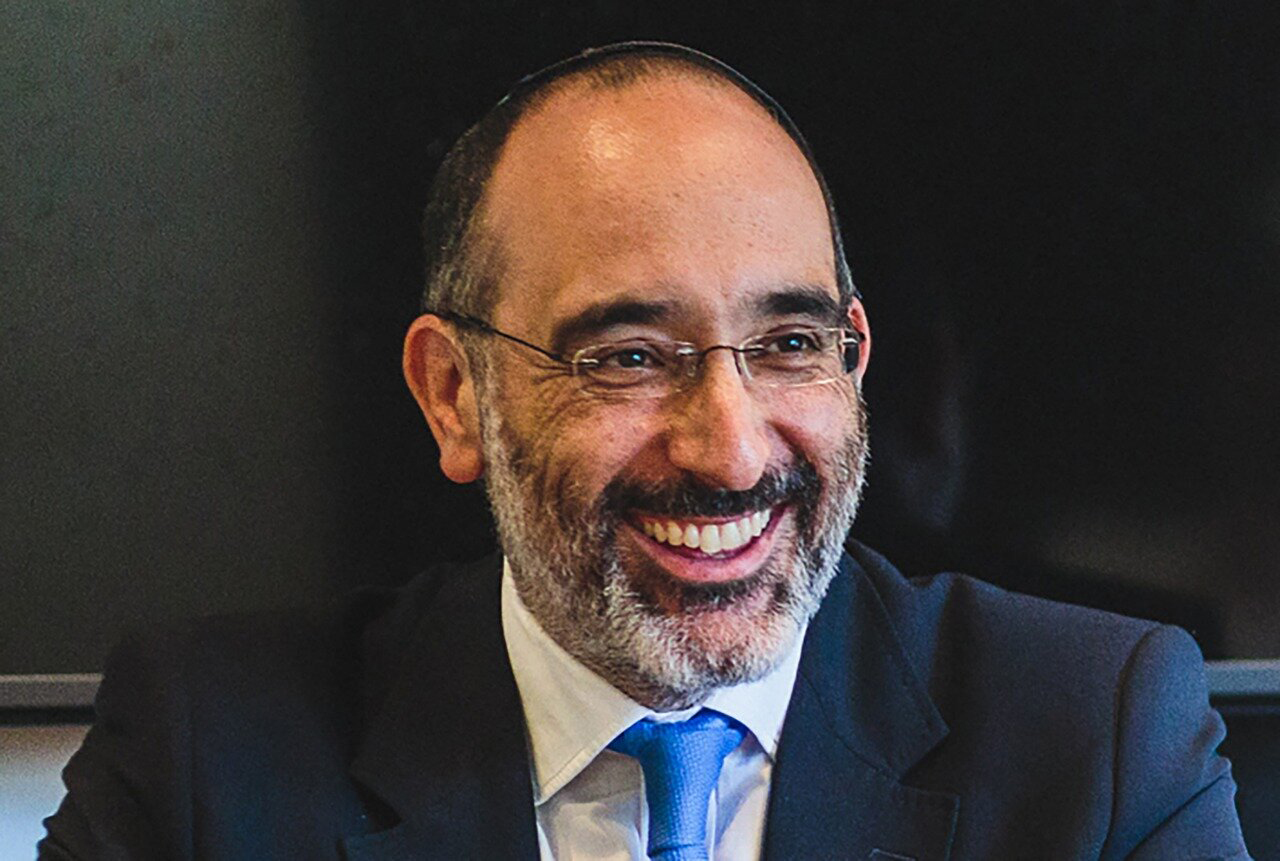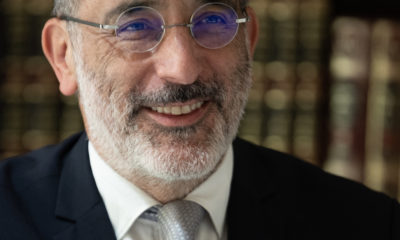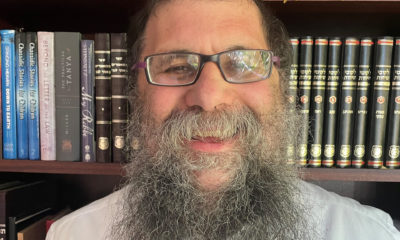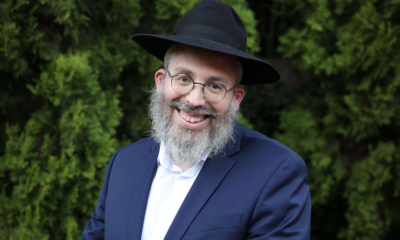
Featured Item

Let’s live with the spirit of “dayenu”
A few days ago, I came across the Unity Haggadah, published in 2020, with contributions from our community’s rabbis and rebbetzins. It was our first Pesach in lockdown, and at that time, I wrote in the introduction to the book: “This is going to be a Pesach like no other. This year, we will be having seders on our own. We won’t be having friends and extended family around the table.”
As I reread these words today, I’m struck again by the sense of the trauma we’ve all been through over the past two years. At the same time, I also feel overwhelmed with gratitude to Hashem that this Pesach, we will again be able to have family and friends around the table. We will again be able to go to shul and connect with our community. Before COVID-19, these were things we took for granted.
Gratitude is the art of taking nothing for granted. Our sages explain that it’s the foundation of good character and derech eretz – basic decency. Without gratitude, many of the essential pillars of Judaism fall away – honouring parents and appreciating our family, building a loving relationship with G-d, treating those around us with kindness and respect.
Pesach is a festival of gratitude. The entire seder night is about reflecting on the fact that as Jews, we owe everything to Hashem. He gave us the fundamental gift of freedom. And as we say in the Haggadah, “If He had not redeemed us, we would still be enslaved.” And so, at the seder, we take a moment to thank Hashem for our freedom. We thank Him, also, for all that He gave us in the wake of our wondrous liberation from Egypt: the gift of our Torah heritage, the source of the values that make us who we are and frame how we live every day.
There is perhaps one word in the Haggadah that captures the spirit of gratitude – “dayenu”. It’s often translated as, “It would have been enough for us.” And yet, this cannot be its essential meaning because each clause within the passage refers to a blessing that’s incomplete without the other blessings mentioned. My wife, Gina, once shared her insight with us at one of our seders – that “dayenu” really means, “This would have been enough for us because it’s all we deserved.” In other words, Hashem gave us more blessings than we could ever have expected because they were more than we deserved.
And that’s the essence of gratitude. It’s the very opposite of expectation and entitlement. It’s the ability to appreciate everything as an unearned gift and to realise that we’re owed nothing. This is the gratitude we need to show to our loved ones; our parents, our spouses, our children. We don’t deserve their kindness. We didn’t earn it. We cannot take them for granted. We need to appreciate all that they do for us, and express our gratitude to them with a full heart.
This Pesach, let us all – husbands and wives, parents and children, brothers and sisters, grandchildren and grandparents – say, “dayenu” to each other – “Whatever you’ve given me is more than I deserve – it’s a gift, and I’m so grateful to you.”
This Pesach, let’s reflect, with gratitude to Hashem, on the fact that the pandemic has lifted. Let’s feel gratitude to Hashem for our incredible, divine heritage that we have shared together at seder tables for thousands of years, for our miraculous birth as a nation, and for the timeless Torah values that have guided us and moulded us as a people and as individuals.
Let’s also give thanks to Hashem for the blessings of freedom that we enjoy in South Africa, and for the gift of a strong, independent state of Israel – privileges many generations of Jews before us didn’t enjoy.
This Pesach, let’s say “dayenu” to each other for the blessings of sharing and creating our South African Jewish community together – a community that’s so vibrant and supportive and has an incredible network of shuls and communal organisations that is the envy of communities throughout the world.
As we sing at our seder tables this Pesach, let’s resolve to live every day of our lives with the spirit of “dayenu”, which will liberate us from feeling entitled so that we can truly appreciate the people in our lives, savour the good, be grateful for our blessings, and, in doing so, open ourselves to true happiness. Gina and I wish you all a joyous and kosher Pesach!











carole Segal
April 16, 2022 at 1:40 pm
Thank you for this explanation Rabbi.
I am so pleased to understand it in the context of deep gratitude.
My beloved husband Michael Segal has just passed away last week end, and I am so grateful that he was my husband for 55 years, and our beloved three children’s father.
I so wish I could say “dayenu” to him again so that he could hear this.